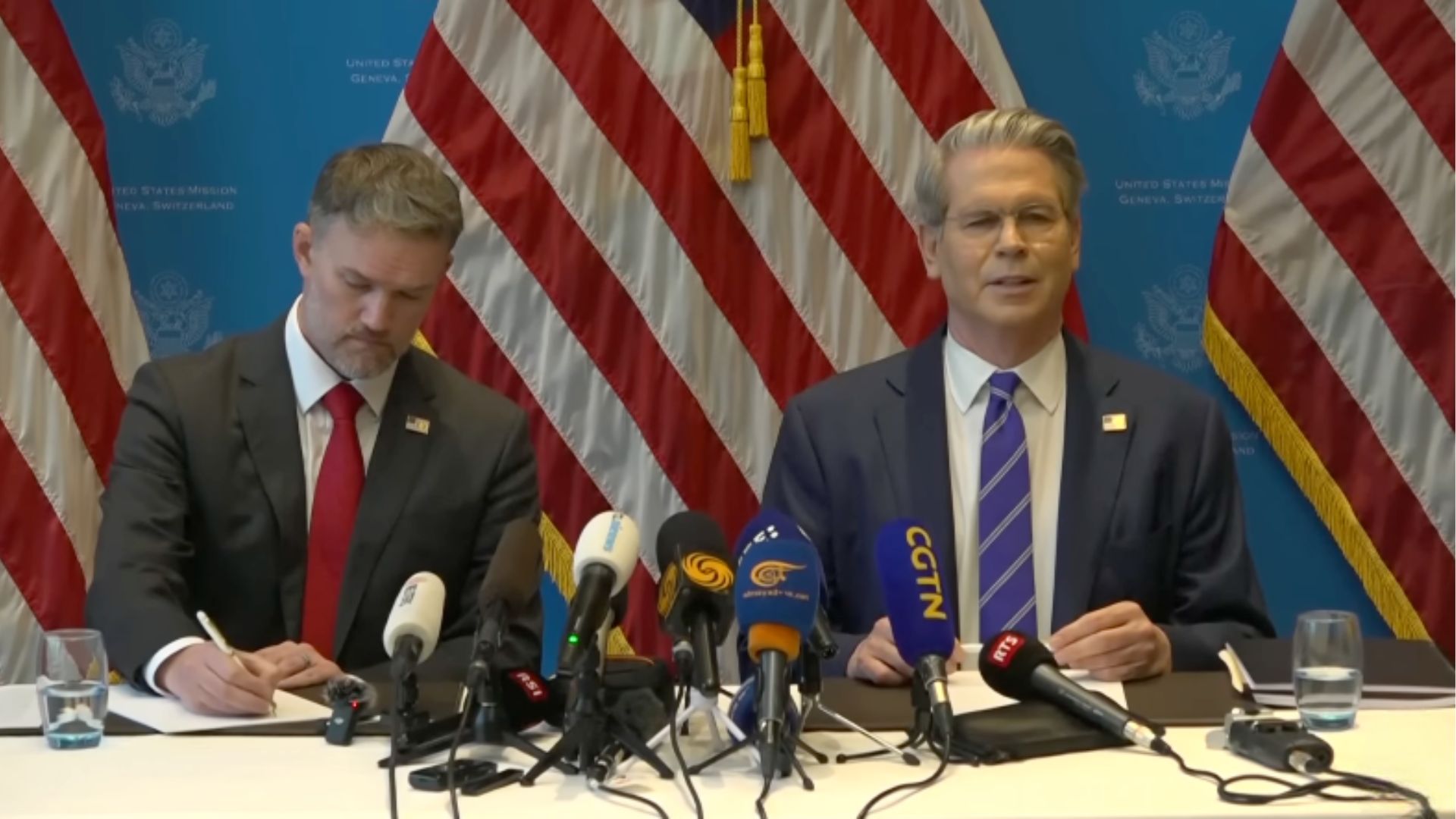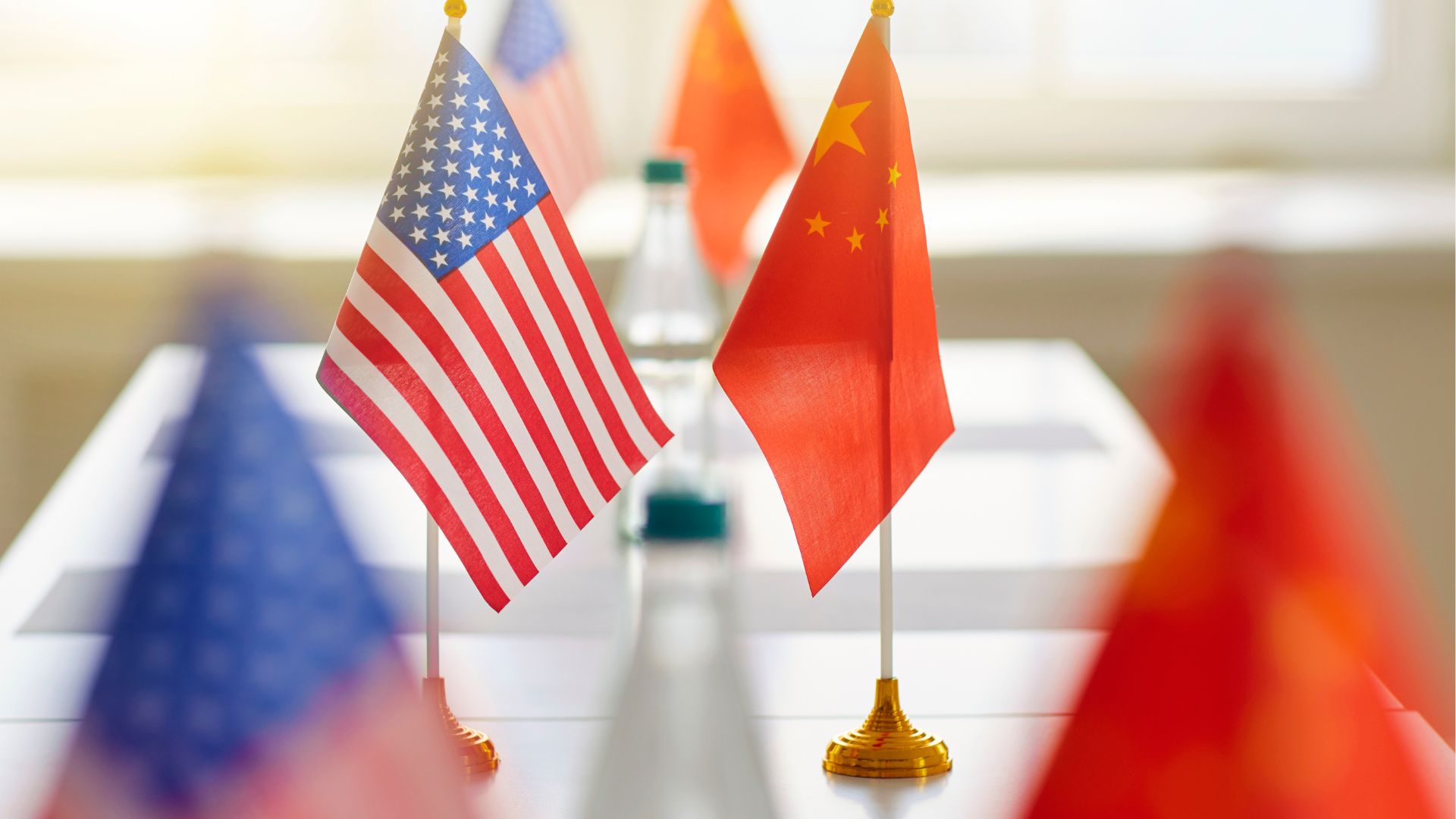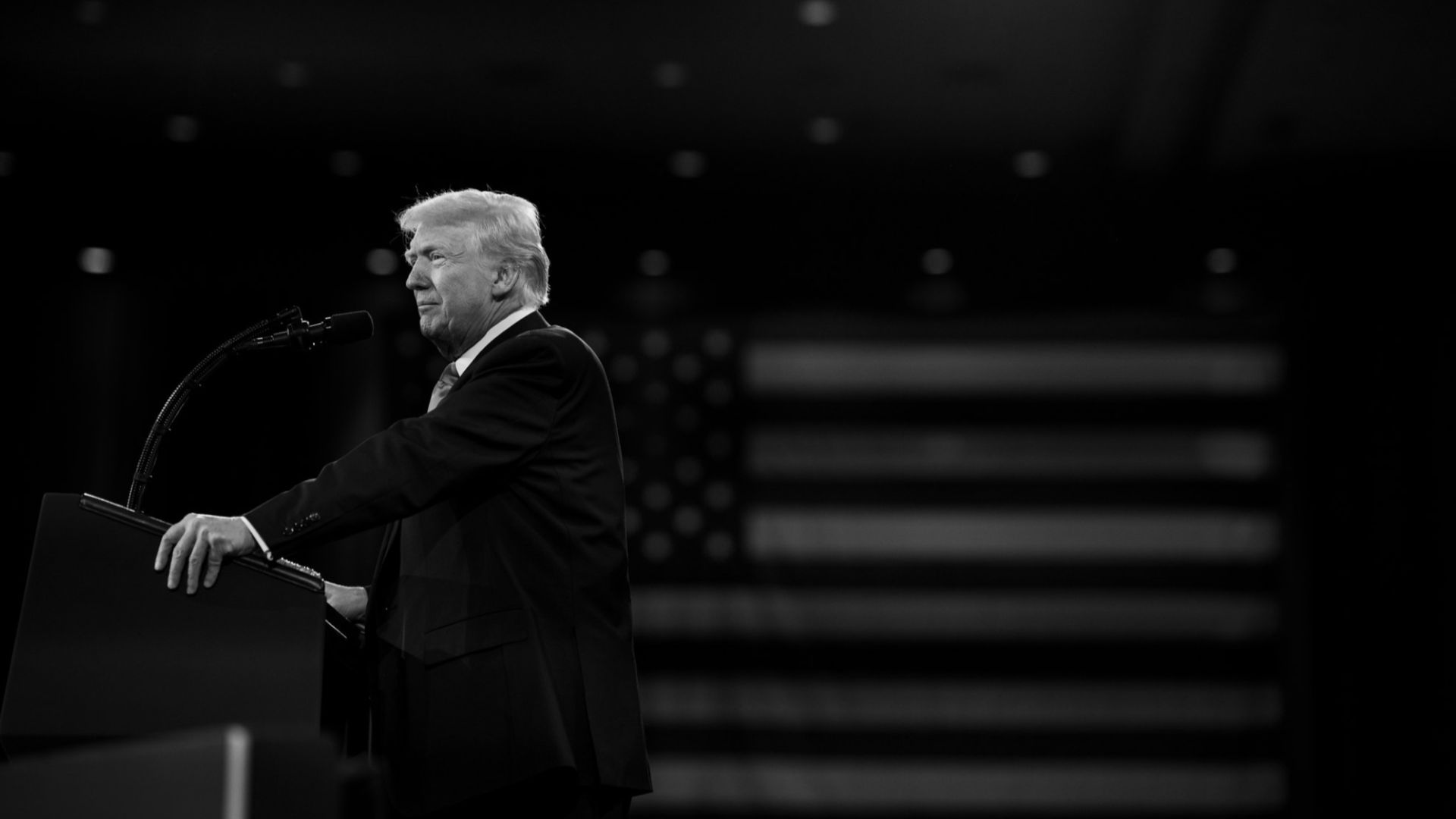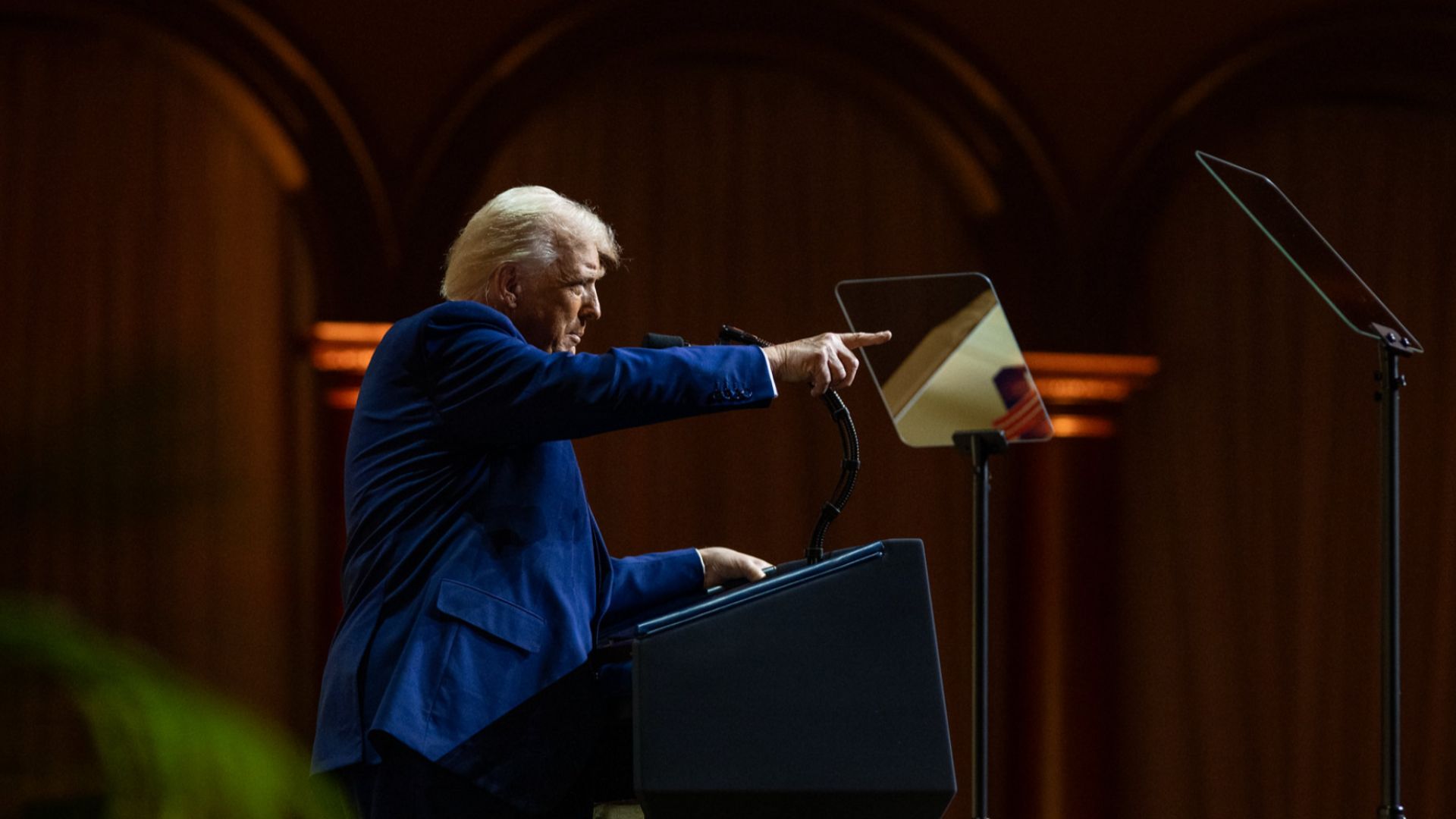[VT May 12, 2025 ] In a major move toward easing trade tensions, the United States and China jointly announced today a substantial reduction in punitive tariffs and the launch of a new 90-day negotiation window aimed at resolving longstanding economic disputes.
According to a joint statement issued Monday in Geneva—later confirmed in a press conference reported by Bloomberg—the U.S. will reduce cumulative tariffs on Chinese goods from 145% to 30%, including levies linked to fentanyl-related products. In return, China will cut its retaliatory tariffs on American goods from 125% to 10%. This marks the first significant thaw in relations between the world’s two largest economies following months of heightened confrontation.
U.S. Treasury Secretary Scott Bessent stated after the announcement that the tariff rollback “sends a strong signal of de-escalation, helps curb imported inflation pressures, and contributes to broader market stability.” U.S. Trade Representative Jamieson Greer emphasized that the arrangement is a “starting point” rather than an endpoint, setting the stage for addressing deeper structural issues.
Greer noted that the U.S. trade deficit with China remains a significant concern, with the 2024 goods trade deficit expanding to $1.2 trillion—over 40% higher than under the previous administration. He reiterated that America’s recently adopted “reciprocal tariffs” policy is intended to address longstanding asymmetries in market access.
Earlier this year, in April, the U.S. began imposing a 34% “reciprocity tariff” on critical Chinese imports such as electronics, base chemicals, and medical inputs. China responded with countermeasures including tariff hikes, stricter inspection regimes, and tighter import licensing. As a result, some U.S. companies have recently experienced customs clearance delays and supply chain disruptions.
This agreement represents a shift from informal contacts to formalized, institutional dialogue. The U.S. disclosed that China’s negotiation team is led by the Ministry of Commerce and includes officials from the National Development and Reform Commission and the Ministry of Public Security.
In the short term, analysts will watch for how the tariff changes affect bilateral trade flows, corporate cost structures, and inflationary pressures. However, longer-term success hinges on whether the parties can reach meaningful progress on core issues within the 90-day timeframe.
Greer indicated that upcoming talks will focus on market access, forced technology transfers, industrial subsidies, and cross-border data governance. “We’re not seeking decoupling,” he said. “We’re aiming for a rules-based, fair, and mutually beneficial trade relationship.”
The Swiss government, acting as host, facilitated the negotiations. Multiple rounds of talks are planned in Geneva over the next three months, with both sides agreeing to establish a permanent communication mechanism to maintain policy continuity and coordination.




